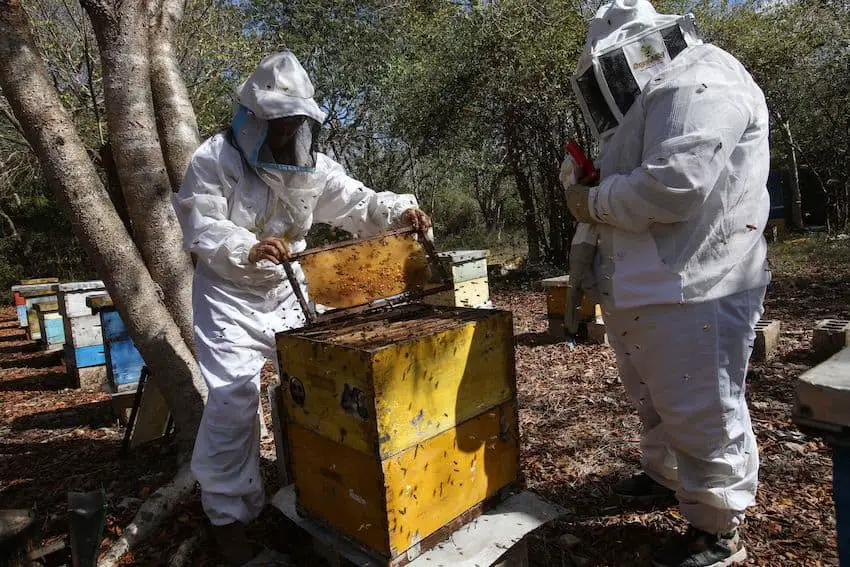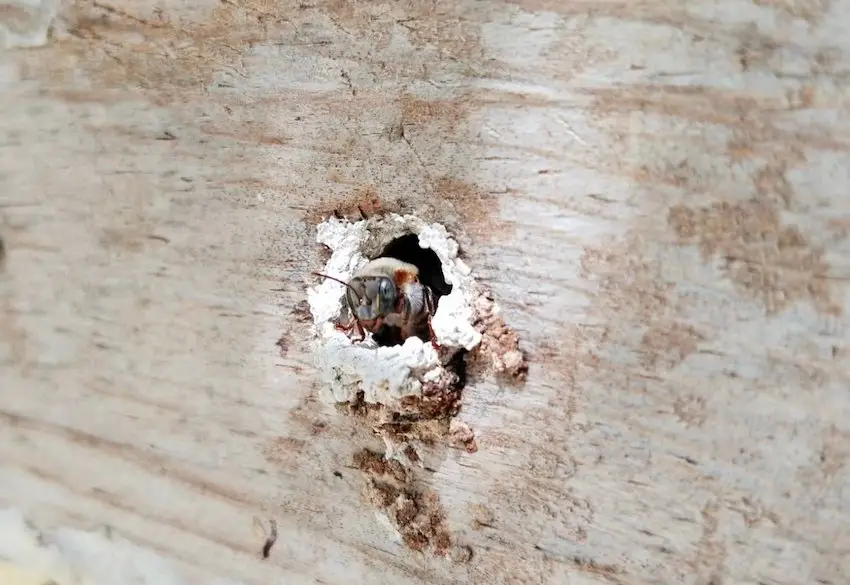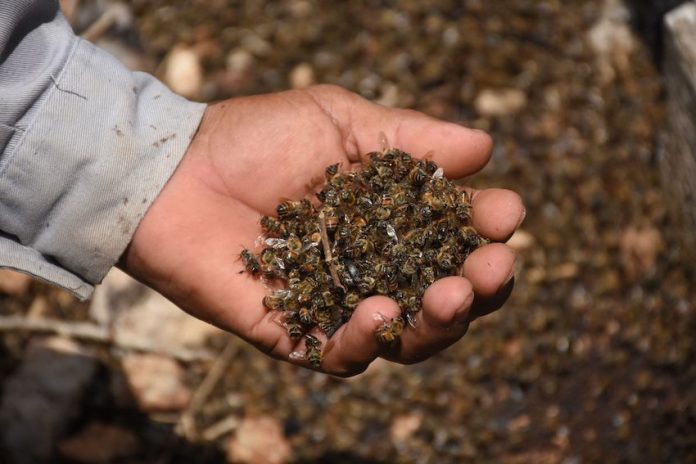After 300,000 of their bees mysteriously died this past spring, Maya beekeepers in the Hopelchén region of Campeche called for answers and demanded the declaration of an environmental emergency — with many of them pointing fingers at agrochemicals produced by Bayer-Monsanto.
With two investigations now complete, a top government official declared this week that the mass die-off was due not to the misuse of agrochemicals, but to a gastrointestinal disease in the bees, as well as high temperatures and a lack of water.

Angélica Lara Pérez Ríos, head of the Ministry of Environment, Biodiversity, Climate Change and Energy (Semabicce), chose National Bee Day in Mexico on Thursday to delve into the two reports.
In part of her comments, she said that had an environmental emergency been declared, the effects on the price of honey would have been disastrous.
Pointing to studies by the National System of Health, Safety and Food Quality (Senasica) and the Federal Commission for the Prevention of Sanitary Risks of Campeche (Cofepris), Pérez Ríos said no evidence of dangerous pesticides was found in the dead bees.
Waste samples collected in the affected areas showed no traces of glyphosate, an herbicide produced by Bayer-Monsanto that has been found in the urine of local farmers, and the agrochemicals used in the area are within the safety parameters of Cofepris, Pérez Ríos said the studies showed.

She did say “a small portion of Fipronil” was detected, but added that it’s an authorized insecticide, although she suggested that regulations on Fipronil may need to be reviewed in light of the die-off.
Approximately 2,500 hives in 100 apiaries in the Campeche municipality of Hopelchén were affected by the mass deaths last spring. Thousands of more deaths ensued, with some 5,000 hives affected in total, beekeepers said.
Initially reporting combined losses of up to 12 million pesos (US $663,000 at the time), beekeepers claimed the deaths were being caused by the aerial fumigation of corn at the Zenit ranch, which they said is owned by Bayer-Monsanto.
Pérez Ríos said that the investigation is still open, and periodic inspections are being undertaken. In addition, lines of communication have reportedly been established in which farmers will release their fumigation schedules so beekeepers can protect their hives.

Cristóbal Horta Pérez, president of Honey and Wax of Campeche, said that honey production has dropped 50% since 2022 and that the price has fallen 40%. But he said the death of hundreds of thousands of bees has not been a factor; the declines were already evident before the mass deaths.
According to the most recent data from the Food and Agriculture Organization of the United Nations, Mexico is the world’s ninth-largest producer of honey. More than 90% of its production is shipped outside of Mexico, mainly to Saudi Arabia and Germany, Horta Pérez noted.
As for National Bee Day, Horta Pérez played it down, saying “we are not used to celebrating [bees on a particular day]. Due to our Maya descent, we thank them every time we enter their territory, our apiaries.”
With reports from La Jornada and PorEsto
